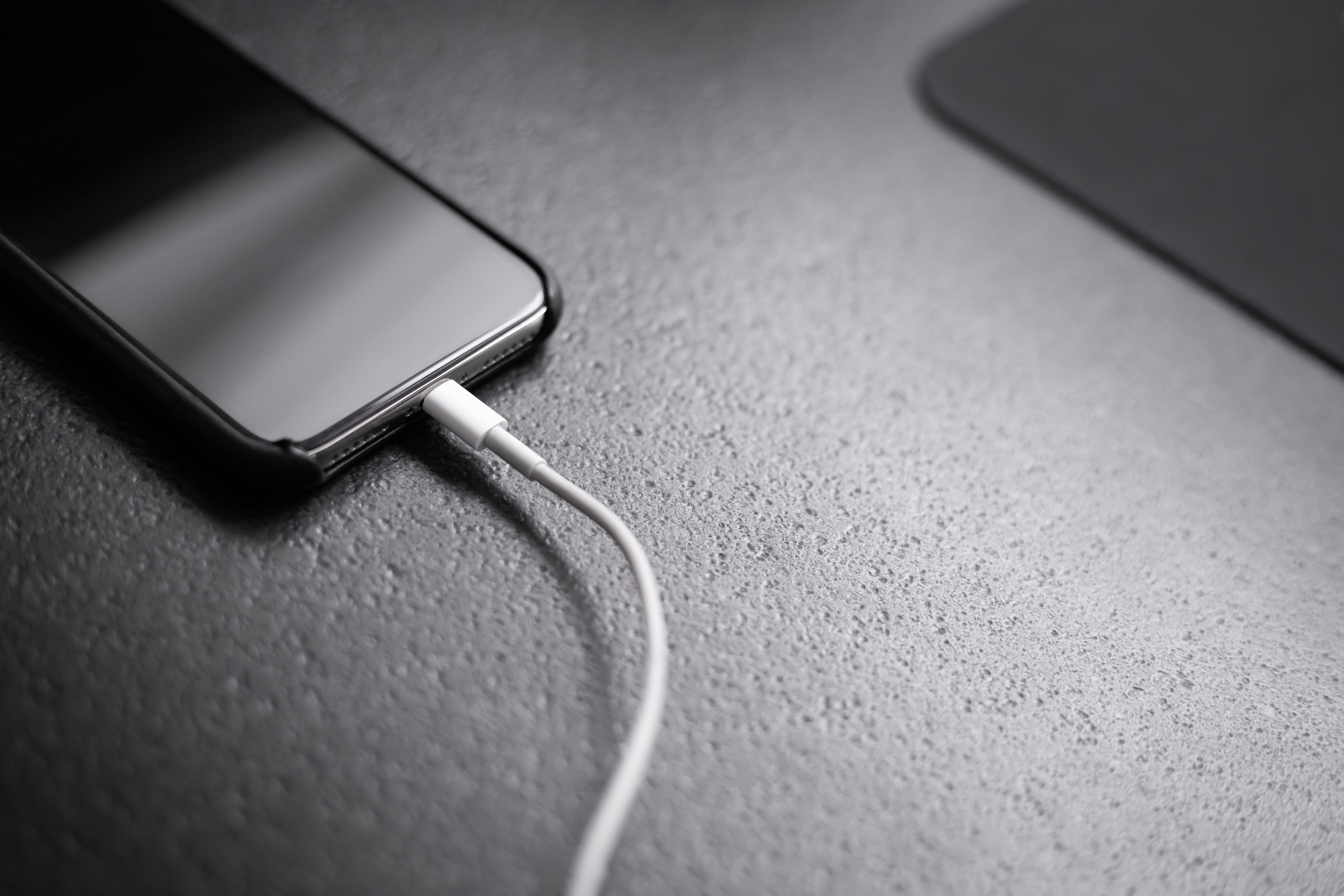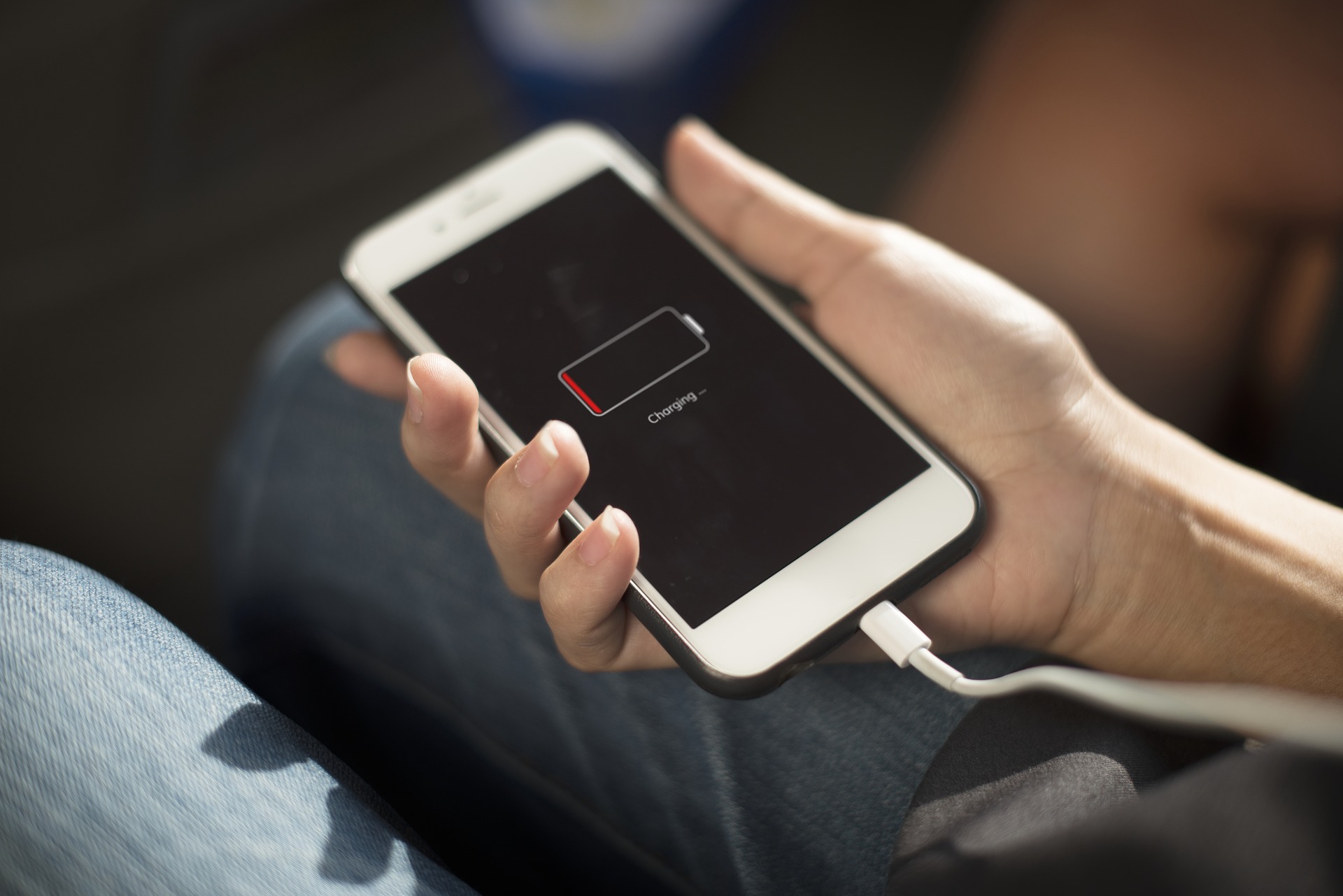
Is your iPhone taking its sweet time to recover from a midday slumber? Has the universal restarting-your-phone trick failed? It’s quite possible there is a much deeper issue. Here are some reasons why your iPhone is slowing down:
Multiple apps running in the background
Even with a powerful chip, your iPhone can slow down if you simultaneously run several heavy applications. The overall performance is affected when you leave them running in the background.
When you run multiple heavy applications at the same time, your processor takes the heat. It becomes overloaded with input requests and processes. This issue is perhaps the easiest to fix. You can prevent your processor from overloading by closing unused apps that are running in the back. Just tap and hold to view all your running apps and close the ones you’re currently not using.
Lack of storage space
One of the most common reasons for a slow functioning iPhone is lack of storage space. When your iPhone is running out of memory, it is unable to take up new processes and content. This most likely happens when you are fond of downloading complex applications such as gaming applications. Or your storage has an abundance of video and audio files, that you forgot you downloaded.
Speed issues also arise when you are using multiple applications at once on a device with insufficient storage. This overloads the iPhone’s memory, making it unable to process tasks or take users requests in a queue. This overflow results in a sluggish device. To prevent your iPhone from lagging or crashing, you need to clear out all the multimedia content and complex applications you don’t need. Delete photos, videos, audio files and gaming apps that are taking up your iPhone’s internal memory.
Accumulate Cache data
In addition to unused applications and complex content, your iPhone’s internal storage becomes a dump for cache data or history files. When your iPhone starts slowing down, clear your browsing data and history. This will improve your iPhone’s speed.
Defective battery
After years’ of speculation, Apple has confessed that older iPhones indeed slow down as their batteries age. From unexpected shutdowns to inability to hold its charge, a defective battery can make your life difficult. Instead of purchasing a new iPhone, you can improve your iPhone’s underperformance by replacing the battery. You can easily get an iPhone battery replacement in Auckland with a fraction of the cost of a new one.
Software update is required
iPhone often starts lagging and slowing down because of outdated software. So, restore your iPhone’s performance level with regular system updates. These are particularly designed to optimize functionalities and fix any bugs. Hence, keeping your iPhone updated is highly recommended to prevent it from lagging or crashing.
Faulty apps
There are certain program codes that are not compatible with your iPhone’s existing iOS structure. Applications with such script or program codes can cause your iPhone to misbehave or become unresponsive. If you suspect that any particular app triggers random crashes, forcing the app to quit is a potential solution. You can also try rebooting your iPhone, in case it becomes unresponsive. But if this problem persists, it would be better to get rid of the faulty application altogether. If none of these tips restore your iPhone’s speed, you should connect with an expert for phone repair in Auckland. Perhaps, a professional eye is required to discover the defect. However, if the repair ends up costing more than the value of your iPhone, you will be better off purchasing a new one.

